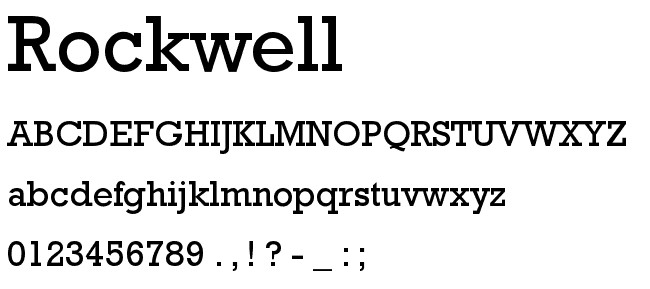

To totally reject Gandhi’s legacy would be wasteful and counterproductive in the fight against injustice. How should we deal with Gandhi’s legacy in light of his racist beliefs? His anti-colonial stance has undoubtedly influenced leaders such as Martin Luther King and Nelson Mandela.

During Gandhi’s time in South Africa, he advocated for continued segregation, arguing that Africans were inferior to Indians to justify the differential treatment of races. What is less well-known about this icon is his anti-Blackness. For guidance, I’ve turned to a wide range of political examples, starting with Mahatma Gandhi, renowned for his work on nonviolence and leadership in the Indian protest against colonial rule. These questions plague my thoughts whenever “Summertime Sadness” or “Stronger” appear in my queue. And while his comments about Jewish people and Hitler are horrid, such as when he posted he would “ go ‘death con 3’ on Jewish people,” what should we do with his music? How should we engage with artists who double down on their hateful messages? And more importantly, how should we engage with their art? This history of behavior not only makes it harder to love Lana Del Rey, but it also makes it more difficult to navigate her music. Imagine my heartbreak when I became aware of her history of problematic behavior, including unprompted mentions of Black artists’ sexual expression and the conflation of the word “rapper” with a person of color.

I have 42 liked songs and three albums downloaded. I have the “Born to Die” vinyl and a “Norman F-ing Rockwell” poster hanging on my wall. I’ll admit it: I’m a Lana Del Rey fan, or at least I was.


 0 kommentar(er)
0 kommentar(er)
